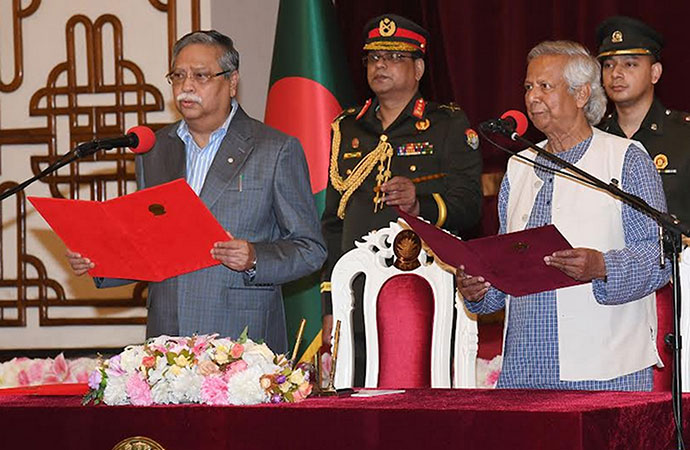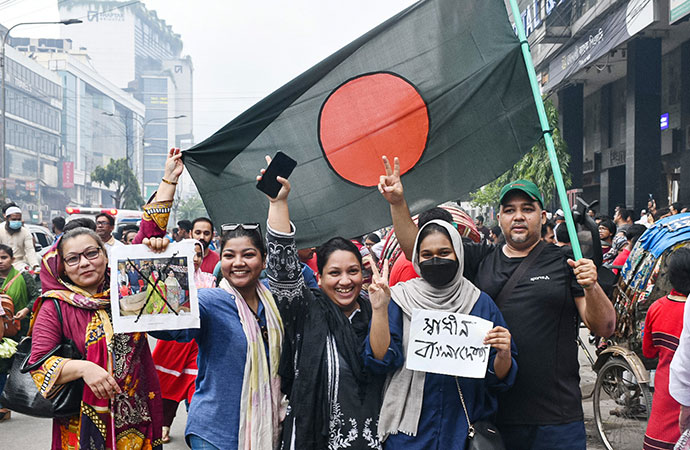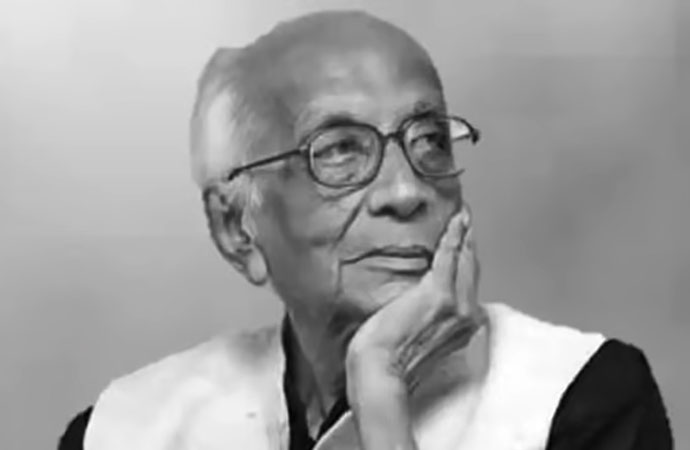Featured 1

Photo: PID
As 2024 comes to a close, we can only reflect on the second chance at salvaging the dream of 1971 that it leaves behind, for which the next twelve months promise to be absolutely vital. All the indications are that it will be no bed of roses, but no Bangladeshi worth his or her salt would expect that anyway. The task of nation-building, or state reform, or even course correction, is never easy.
The interim government led by Nobel laureate Muhammad Yunus, will be well aware of the challenges that lie ahead. The resistance to reform that we have seen this week, in the form of the totally unjustifiable ultimatums from a platform representing the Administration cadre of the Bangladesh Civil Service, laid it bare for all to see. Almost everyone agrees, has agreed for years before anyone was toppled, that when it comes to the need for reform, nowhere is it more urgent, or more critical, than our public administration. For serving officers to try and undermine the commission formed as a first step towards implementing much needed reform initiatives, is tantamount to working in bad faith. They must be dealt with strongly, and this is where the IG must show its mettle.
Let us concede however, that without any preparation to speak of, they have inherited a state in tatters in terms of institutional pedigree, with all its agencies reduced to little more than personal fiefs. In tune with the student leaders of the movement that, against all odds, toppled the autocratic government last August, they set themselves some lofty goals. After four months in office, we may expect those ambitions to have been tempered somewhat by the realities of governance. Lacking an established political constituency of its own, the interim government is torn between maintaining the support of the political parties that now seem to rule the roost - mainly the BNP, and its erstwhile ally Jamaat - following the Awami League and its allies' ignominious exit from the arena (at least for now), and trying to meet the ideals set forth by a new generation.
The fate of the AL, the country's oldest party, indeed the party that led it to independence, will be one of the most significant issues that we may expect to be played out in 2025. So far, it has shown no inclination towards any sort of remorse, let alone atonement, or even introspection. It continues to cling to old school conspiracy theories and discredited narratives, and even senior figures who have managed to surface through statements recorded in undisclosed locations, have freely peddled diabolical lies (such as a joint secretary general stating 3,000 police officers were killed during the movement, when the real number is 44). It is difficult to imagine Bangladesh politics without the Awami League. The most legitimate concern relates to whether a credible alternative can emerge as a political vehicle for those who espouse the AL's traditional values. Yet as long as it continues to drown itself in denial, refusing to accept the new reality and how it came about, it is also difficult to foresee how the party of Bangabandhu Sheikh Mujibur Rahman can be rehabilitated.
For now though, as we step into what may well be the most important year in the country's history, let us do so with a deep sense of gratitude and responsibility. Not every generation gets the chance to change the course of a nation. Any intention to misuse it, will be condemned to the dustbin of history.

























Leave a Comment
Recent Posts
Right On Schedule
The most eagerly anticipated, and frankly hyped up, announcement of an ...
Fighting raged along the borde ...
Fighting raged along the border of Cambodia and Thailand, with explosi ...
ICIMOD drives regional cooperation to inspire new mo ..
The Cage of Captivity and the Cry for Freedom: A Cru ..
Why Japan issued an advisory for a possible megaquak ..
The Autocrats’ War on Universities